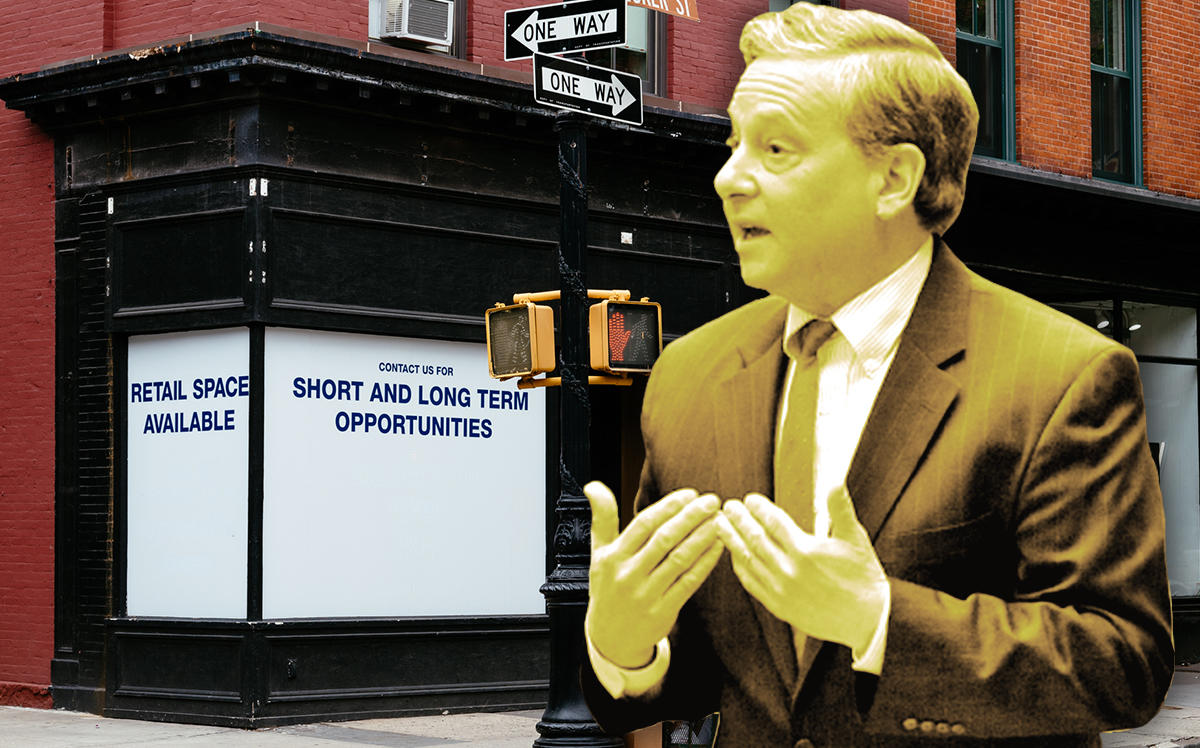Trending
State bill would soften blow for commercial tenants who break leases
Assembly measure seeks to help Covid-affected businesses, but real estate attorneys say it forces landlords to accept lower rents

Commercial landlords may soon need to follow some of the same rules that govern residential property owners when a tenant breaks the lease.
On Wednesday, the state Assembly passed a bill that would require commercial landlords to minimize damages against a tenant who vacates their property before the lease expires.
When a tenant breaks a lease, the bill would require landlords to “take reasonable and customary actions to rent the premises at fair market value or at the rate agreed to during the term of the tenancy, whichever is lower.” With a new tenant in place quicker, the landlord would seek to recover less from the previous tenant for violating their agreement.
The bill is sponsored by Democratic Assembly member Steven Otis.
As part of its overhaul of New York’s rent law, the state legislature applied the so-called “landlord duty to mitigate damages” to residential properties. Several other states have similar rules for commercial and residential properties. A memo for the bill, which was proposed last year and now heads to the Senate, acknowledges that commercial leases often already contain mitigating language.
“This legislation is especially important given the Covid-19 crisis and related closure of businesses due to the pandemic,” the memo states. “The duty for commercial landlords to minimize damages will benefit small businesses struggling to survive the crisis.”
Otis said the bill is now “more time sensitive” given the pandemic but thinks it is important to incentivize getting properties back on the market and occupied. He added the bill also increases that chances that businesses will recover after defaulting on their lease.
The measure follows another recent blow to commercial landlords. In May, the New York City Council approved a measure that temporarily bars the enforcement of personal liability provisions in commercial leases or rental agreements.
Real estate attorneys criticized the state bill for targeting landlords who are already facing significant losses in revenue due to the pandemic, and for deterring owners from keeping a space vacant until the market picks back up. Attorneys said the language, specifically “reasonable and customary actions,” is too vague and unfairly exposes landlords to claims from a tenant who violated the lease.
“You are putting a landlord in a position where because of the actions of a defaulting and breaching tenant, they are now on the spot,” said Bradley Kaufman, a partner at Pryor Cashman, who represents commercial tenants and landlords. “It changes the whole dynamic.”
Joshua Stein, a commercial real estate attorney, said the bill “flies in the face of contract law,” by requiring landlords to accept lower rents than what the defaulting tenant had agreed to pay, while potentially denying landlords a claim against the tenant for the shortfall.
“You’d think they might decide to lay off the real estate industry for a while after the damage they’ve done over the last couple of years,” he said, referring to state lawmakers. “But they are on a roll.”
Write to Kathryn Brenzel at kathryn@therealdeal.com




